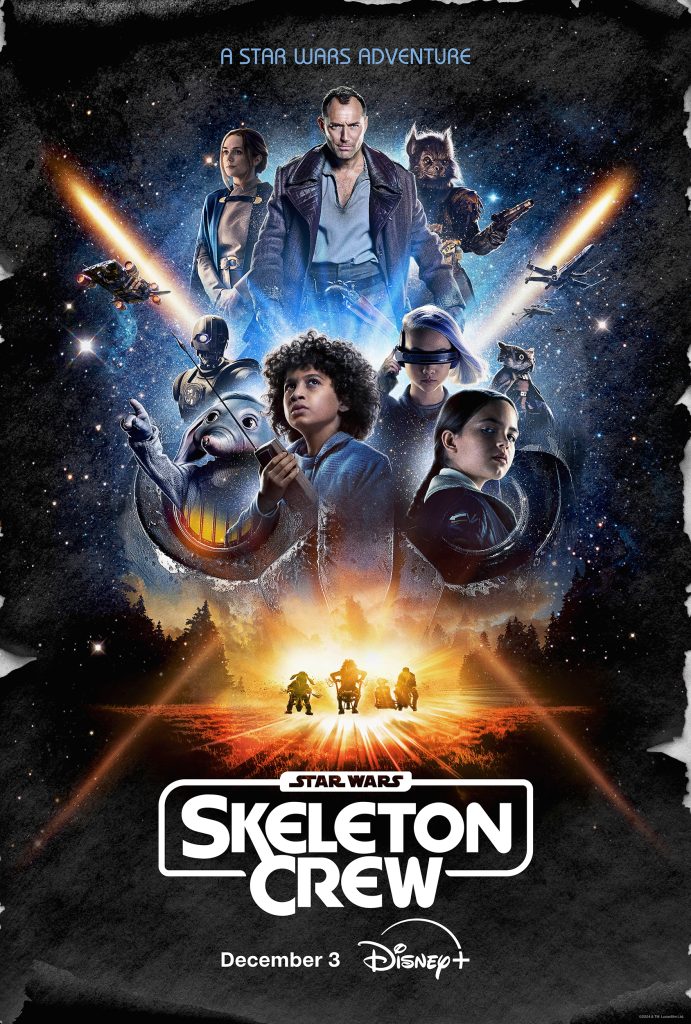Adding a reprint from my 'Dynamo + Annual' 2012
This is the question
that came up at some point during every Youth Workers Inservice Conference we
held in the 1980s. Those pioneers of ministry with young people were always
able to turn any skills based session, walk through a new resource or
discussion about models into the bigger question of what the heck we were
aiming at or doing in the first place. Whatever nuance the conversation had it
always boiled down to remembering that youth ministry is ministry.
This was the
decade beginning to respond to the massive societal shifts of the late 1960s
and the organic movement that was ʻYouth Workʼ which recognised the relational
skills of some younger leaders but also began the ʻoutsourcingʼ of ministry
with young people by congregations missing their 25-45yr olds and beginning to
lose whole families from their faith communities. In too many places the answer
was to try to do more or better of the same while the world had become a
different place.
Since G Stanley Hall
described ʻAdolescenceʼ as a constant state of ʻstorm and stressʼ it has been
too easy to buy into what is after all a social construct of just over the last
100 years. In many places, not much is expected of young people. They are the
ʻinbetweenersʼ or the ʻnot quiteʼ people. Itʼs true this is a critical time of
identity formation. The locus of young peopleʼs influences and role models
changes, their mobility and independence are tested and at this time the
worldʼs most tech savvy and informed generations have the chance to respond or
remain ambivalent about the truly global context in which theyʼve grown up.
Families have never been busier but the gap between rich and poor is wider and
more socially obvious. We are a multi-cultural country with a patchy record in
understanding that as our identity.
Discipleship or
shaping faith is more formative than informative and this might mean at least:
- engaging as a community across all ages
- building relationships around an
ethos of participation seeking to join Godʼs activity in the world
-
encouraging creative questions, doubt and imagination
- sharing our stories and
connecting with the story exampled and taught through Jesus Christ
- embracing
reconciliation, grace and service as hallmarks
- curating worship that reflects
your context/s and culture/s
- being less focused on programs and more about
sharing
- more praxis
- remembering current generations of young people are
largely Biblically illiterate
- becoming better equipped adults by ʻteachingʼ
what you believe as your story
- seeking to help young people answer the ʻwhy
should I choose the Christian faith?ʼ question
- As Andrew Root reminds us,
exploring together how we find Christ in the good and hard times
- remembering
young people can ʻmake meaningʼ and respond for themselves
- what worked for a
previous generation isnʼt the default setting for the current ones
- itʼs less
about what the Bible says and more about how we might live in response
“Mission comes home”
was the UCA Synod Board of Mission slogan recognising we have needed to become
missionaries not missionary senders BUT decades on we are still not coming to
grips with this seismic shift and the visionary invitation it offered...
The idea of missio dei
[the mission of God] and our invitation to join Godʼs actions in the world is a
recognition that our focus on Sunday worship and creating community within the
collected group of ʻbelieversʼ and families is a limited picture. God is active
outside the church as well as in and we miss opportunities to live lives shaped
by our Christian ethos if we avoid the world.
A new book including a
range of stories advocates for the following SHIFTS to become a missional
movement engaging well in ministry with people of all ages:
“Missional Moves”
Rob Megner Jack Magruder
“if you want to change
society, then you must tell an alternative story”
Ivan Illich
- Undertake holistic
ministry and mission rather than a narrow ʻgospelʼ imperative
- Rediscover our
mojo as a mission movement engaged in our world by living in it
- Recognising
we live in a global context
- Becoming missional as well as attractional in
balancing our activity
- Moving from the
centre to the margins and changing our understanding of ʻtransformationʼ
-
Sharing power and decisionmaking, listening and embracing experiments
- Focus
on ʻless is moreʼ and specialise around the gifts and passions or assets
present
- Collaborate with others around what ethos and motivation we have in
common
- Cooperative ventures
growing strengths
- From professionals to full participation or building teams
and fostering participation
- From formal to fractals or a well known
leadership theory using a starfish metaphor and how split
starfish regenerate
and keep on living. Itʼs about different leadership for the context
- From
institution to movement which is about a new kind of community life and focus
with freeing
structures and shared
power
- Fostering lots of different models and styles
- from ʻwe can do it you
can helpʼ to ʻyou can do it, we can helpʼ
- Growing the kinds of leaders we
need to ʻcompleteʼ the great commission
Too theoretical...
Then try,
- treating young people as people and listening to seek understanding
not compliance
- mentor young people and allow their participation to change
how decisions are made
- invest 50% of your resources in ministry with younger
generations
- Everything is different today: context; generations; busyness;
work; making meaning; how
leadership emerges;
faith shaping; and new ʻground upʼ need resourcing & support
- Share your
life & story, be real
- Work on missional taskgroups not compliance
committees
- Ask ʻwho is Jesus Christʼ? in the middle of where you are and what
you are doing
- Build relationships not just programs
- Inviting [cajoling]
young people to exercise their ministry and share a common story
- Have young
people present in worship so it changes what happens to reflect this
There's a book here somewhere with a few stories thrown in...







No comments:
Post a Comment